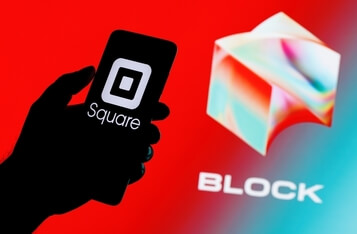BLOCK REWARD
block reward
Solo Bitcoin Miner Wins Rare Block Reward Worth Over $150,000
A solo Bitcoin miner successfully mined the 780,112th block in the Bitcoin blockchain, earning a block reward of 6.25 BTC worth over $150,000. The miner was able to produce a valid hash after just two days of mining, a rare occurrence that typically takes solo miners months to achieve. The miner may have rented hashing power to produce the output hash, and they used the Solo CK Pool mining service to create a solo mining pool.
block reward
Sparks Fly: Bitcoin and Ethereum Debate on ETH’s Total Supply Goes Viral
Over the past few days, a central debate has been ongoing on crypto Twitter, fueled by Bitcoin and Ethereum advocates. Both Bitcoiners and Ethereans disagree on which cryptocurrency is better for use.

